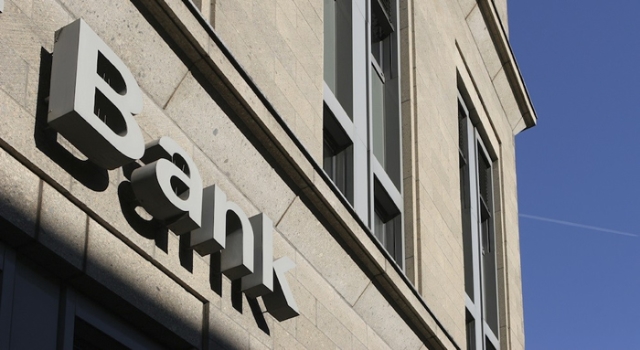The years 2017 and 2018 will go down memory lane as the period in which the central bank of Ghana stepped up its game to reform and address some ailing issues in Ghana`s financial sector.
The actions of the Bank of Ghana were aimed at sanitising the industry. Some of the earlier regulatory activities were the Introduction on IFRS 9 provisions – Guidelines for Financial Publications for Banks issued on 30th June 2017, increased minimum capital to GHS 400m – Notice on New Minimum Paid Up Capital issued on 11th September 2017.
In 2018, some of the major reforms included guidelines for financial holding companies under the Financial Holding Companies Directive issued in July 2018. There was also a guideline for mergers or acquisition of banks contained in Mergers and Acquisition Directive issued in July 2018.
Guidelines for Anti-Money Laundering contained Guidelines for Anti-Money Laundering/Combating the Financing of Terrorism issued in July 2018, Guidelines in determining whether a person is fit to be director, shareholder or key management – “Fit and Proper” Directive issued in July 2018, Guidelines for term limit on CEOs and Board Members as contained in the Corporate Governance Directive (Transitional Provisions) issued in July 2018 and revised in September 2018, Guidelines for voluntary winding up – Directive for Voluntary Winding Up issued in September 2018, Guidelines for cyber-security contained in the Cyber & Information Security Directive issued in October 2018, Guidelines on corporate governance under the Corporate Governance Directive issued in December 2018.
If we will recall, following the recapitalisation exercise that ended at the close of business on 31st December 2018, there are now twenty-three (23) universal banks operating in Ghana, down from thirty-four (34) banks that operated earlier. More importantly, as part of the recapitalization exercise, Bank of Ghana approved three (3) bank mergers; for First National Bank and GHL Bank, Energy Bank and First Atlantic Bank and Sahel-Sahara Bank and Omnibank. GCB Bank through a Purchase and Assumption Agreement acquired selected assets and liabilities from two banks (UT Bank and Capital Bank) which had their licenses revoked in 2017. It didn’t end there, the Consolidated Bank Ghana Limited was formed in 2018 and through a Purchase and Assumption Agreement acquired selected assets and liabilities from seven banks that had their licenses revoked in 2018 and 2019.
These banks were Beige Bank, Construction Bank, Heritage Bank, Premium Bank, Sovereign Bank, The Royal Bank and Unibank.
The big question is, […]
